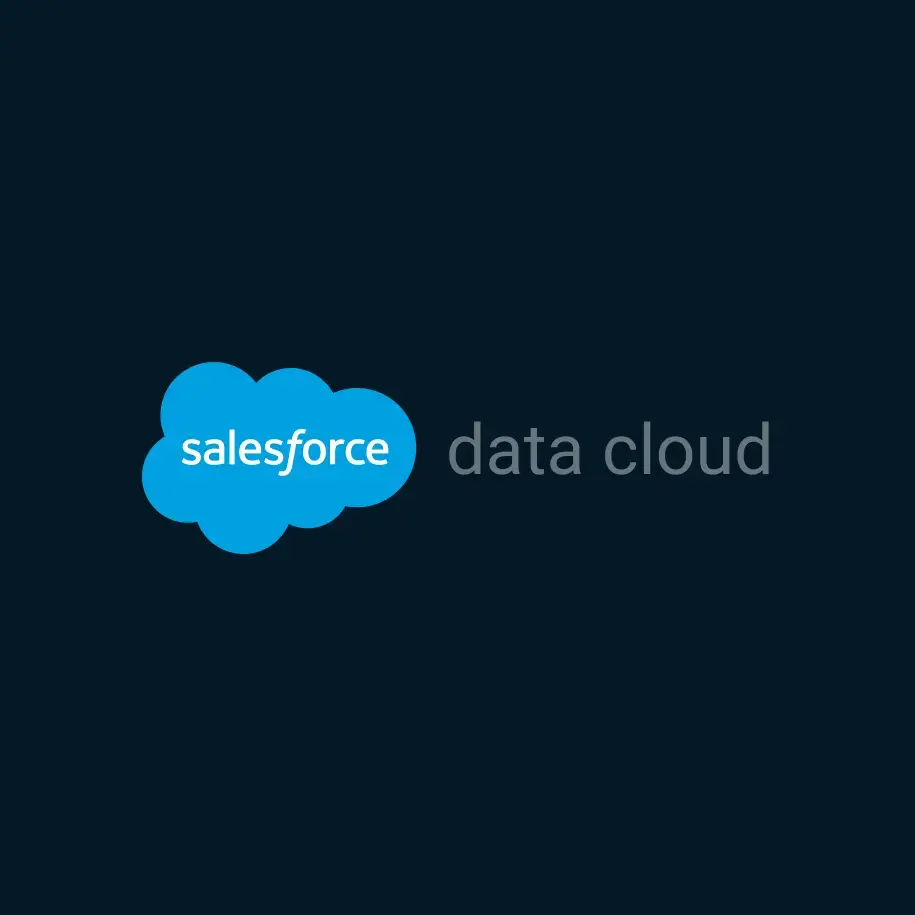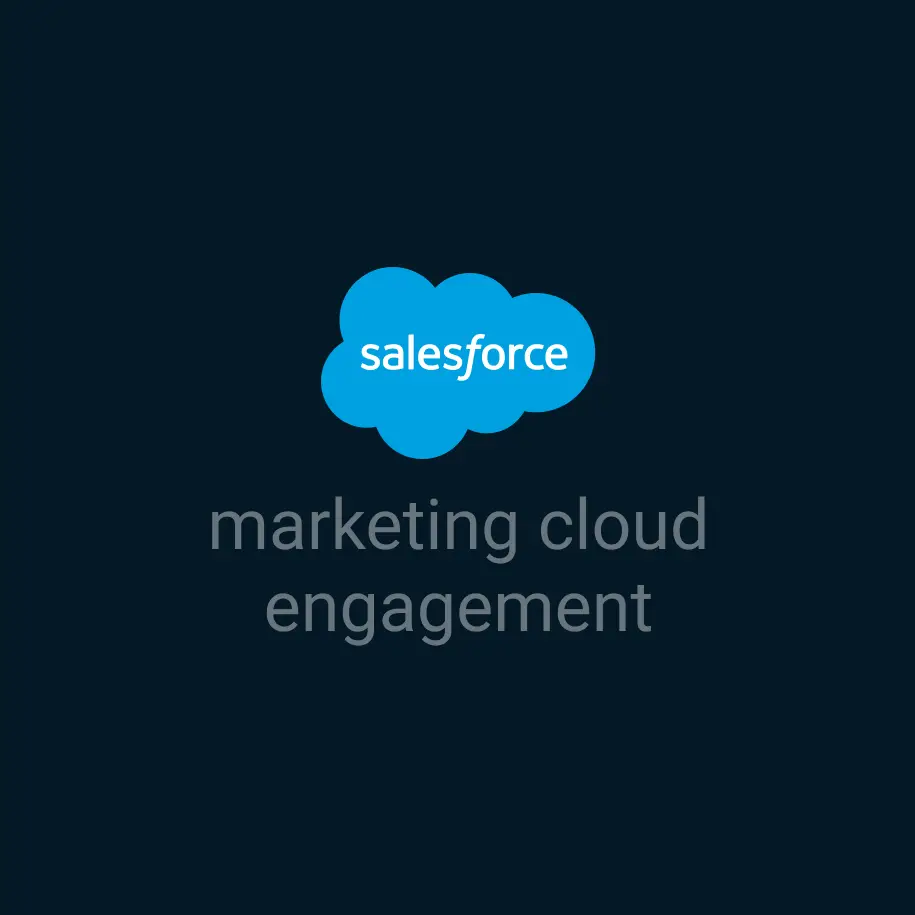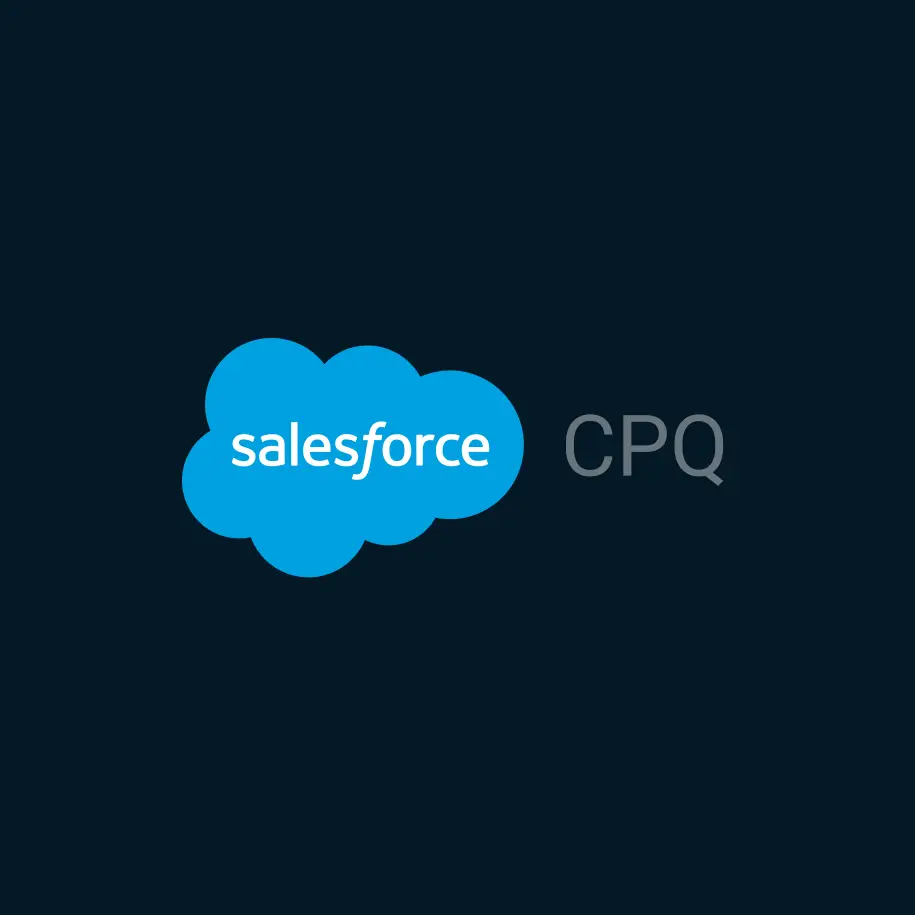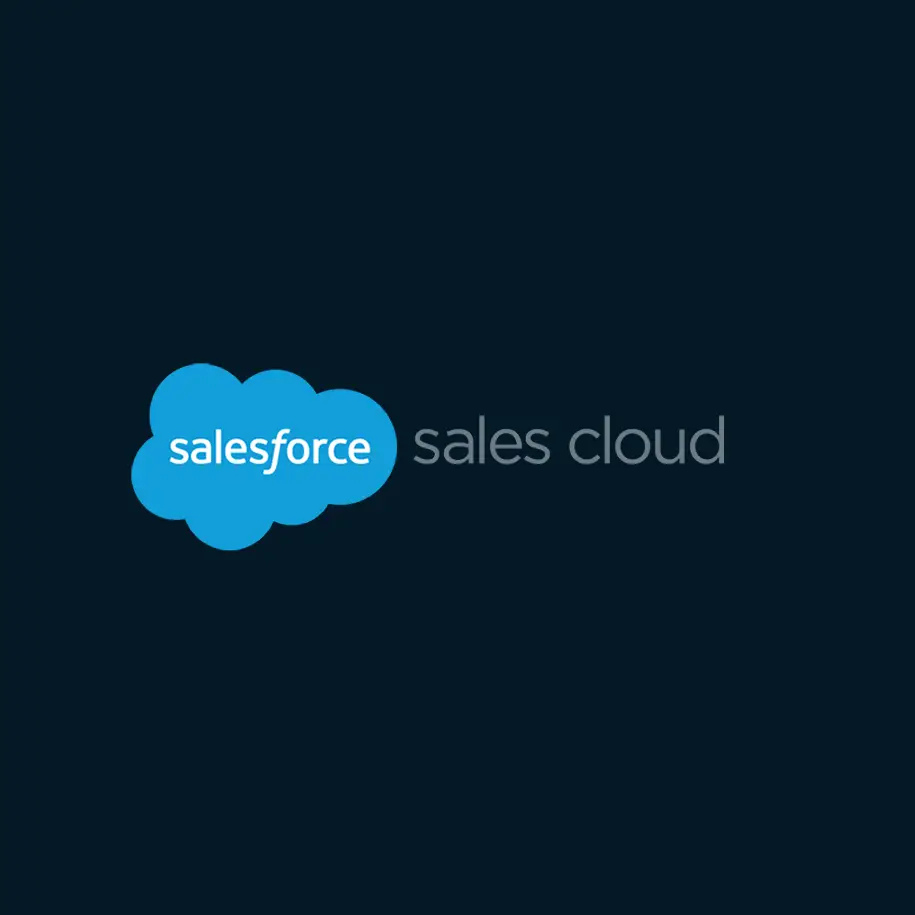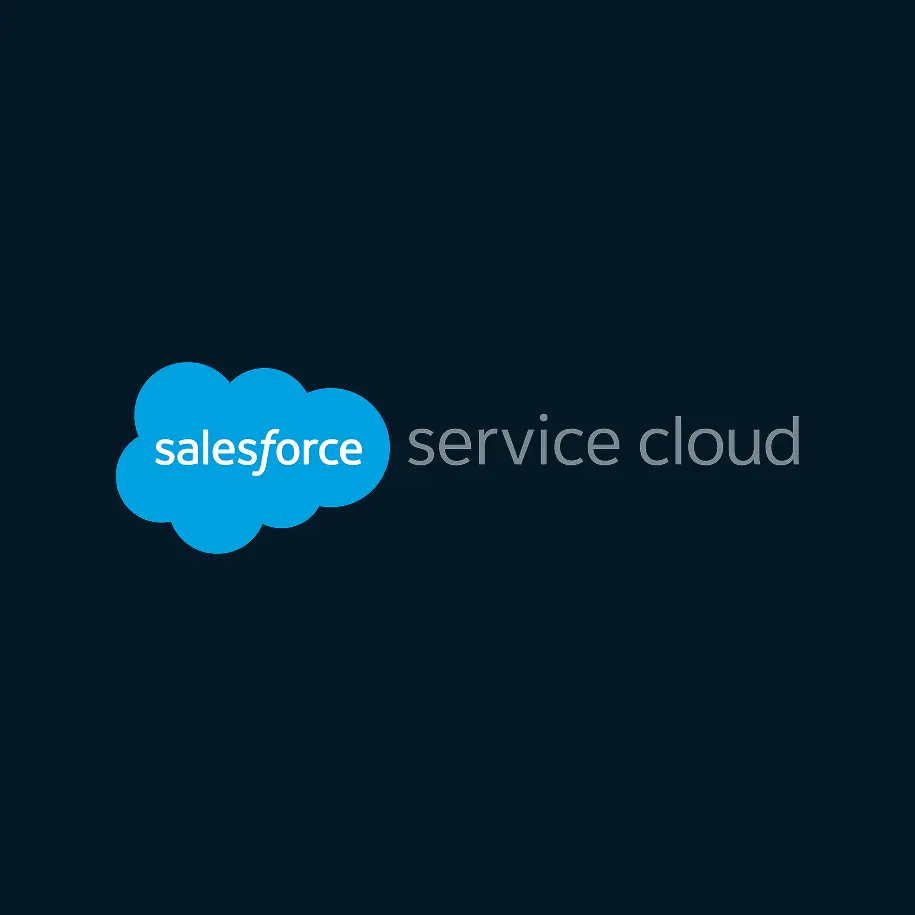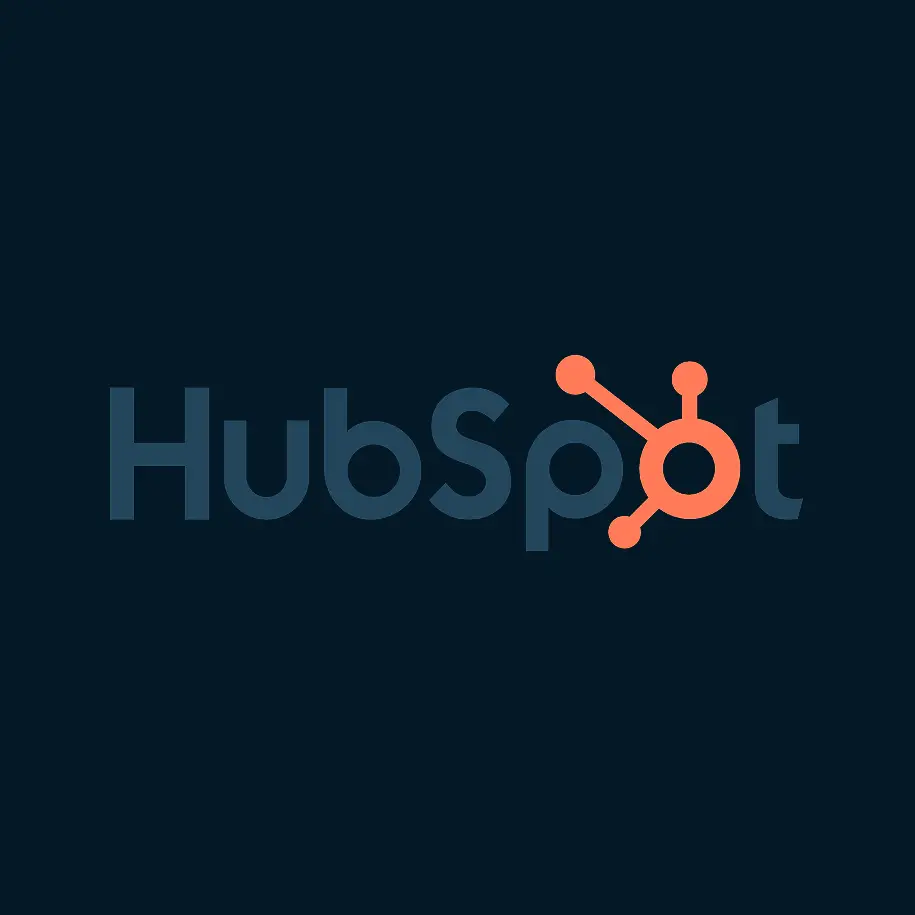
10 High-Impact Updates Every Salesforce Admin Should Make (This Quarter)
When your org feels slow, messy, or brittle, it’s rarely one big fix—it’s a handful of small, high-leverage updates that compound. Here are ten you can knock out this quarter to boost speed, security, usability, and trust in the numbers.
1) Start with a reality check: Salesforce Optimizer
Run the Salesforce Optimizer app to surface unused fields, slow pages, stale automations, and risky configurations. Turn the results into a 90-day backlog and rerun monthly to prevent drift.
2) Make record pages faster (and smarter): Lightning App Builder → Analyze, Dynamic Forms, Dynamic Actions
Open Lightning App Builder → Analyze to pinpoint page bottlenecks, then convert heavy layouts to Dynamic Forms and Dynamic Actions so users only see what they need when they need it. For the operating cadence that keeps data fresh, pair this with our guide Clean Pipeline, Real Forecasts.
3) Retire legacy automation: Migrate to Flow
Use the Migrate to Flow tool to convert Workflow Rules/Process Builder to Flow and standardize on one engine. Start with low-risk rules, then schedule the tricky ones.
4) Modernize access: Permission Sets/Groups, Muting, User Access & Permissions Assistant
Stop cloning profiles. Shift to Permission Sets and Permission Set Groups, fine-tune with Muting Permission Sets, and analyze assignments with the User Access & Permissions Assistant (AppExchange listing here).
5) Reduce “too much visibility”: Restriction Rules
Classic sharing opens access; Restriction Rules let you reduce who sees what (think strategic accounts, VIP cases). Pilot with the smallest cohort and expand once logic is validated.
6) Raise data quality at the source: Matching Rules, Duplicate Rules, Duplicate Jobs
Turn on Matching Rules and Duplicate Rules to block dupes as they’re created, and run Duplicate Jobs to find/merge what slipped through. For better rep follow-through, see Sales Engagement That Actually Works.
7) Tighten security: Security Health Check, MFA, Enhanced Domains
- Run Security Health Check; fix high-risk gaps first.
- Ensure multi-factor authentication is enforced for all users.
- Verify Enhanced Domains are enabled and tested.
8) Add resilience: Salesforce Backup + sandbox hygiene with Data Mask
Turn on Salesforce Backup and define policies for high-value objects/files; actually perform a restore test. In sandboxes, protect PII by using Data Mask and seeding representative test data.
9) Make releases boring (in a good way): DevOps Center
Adopt DevOps Center for Git-based work items, pipelines, and repeatable deployments—admin-friendly UI, dev-grade rigor. See also the overview. For how this fits your broader operating model, skim RevOps Is the Operating System for Growth.
10) Stay ahead of enforcement windows: Release Updates
Visit Release Updates in Setup monthly. Many items are quick wins that improve UX, security, or performance—without new licenses. When you’re ready to layer safe automation on top, use our Agentforce governance playbook to keep it controlled.
A simple 90-day rollout (steal this)
Month 1: Optimizer (#1), Page performance + Dynamic Forms/Actions (#2), first Flow migrations (#3)
Month 2: Access model + Assistant (#4), Restriction Rules pilot (#5), Duplicate rules/jobs (#6)
Month 3: Health Check/MFA/Domains (#7), Backup + sandbox hygiene (#8), DevOps Center pilot (#9), Release Updates sweep (#10)



